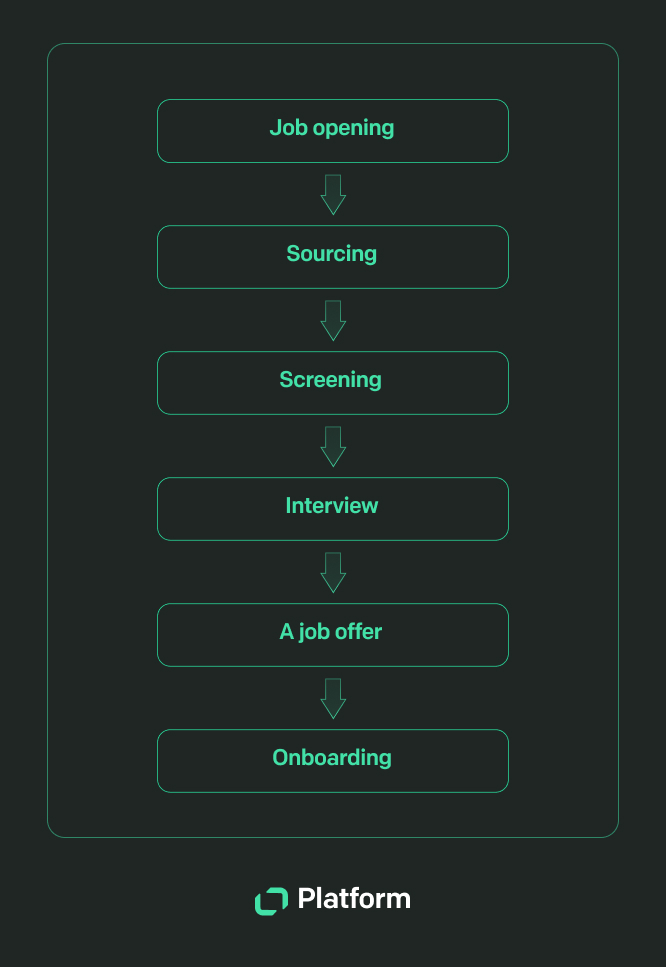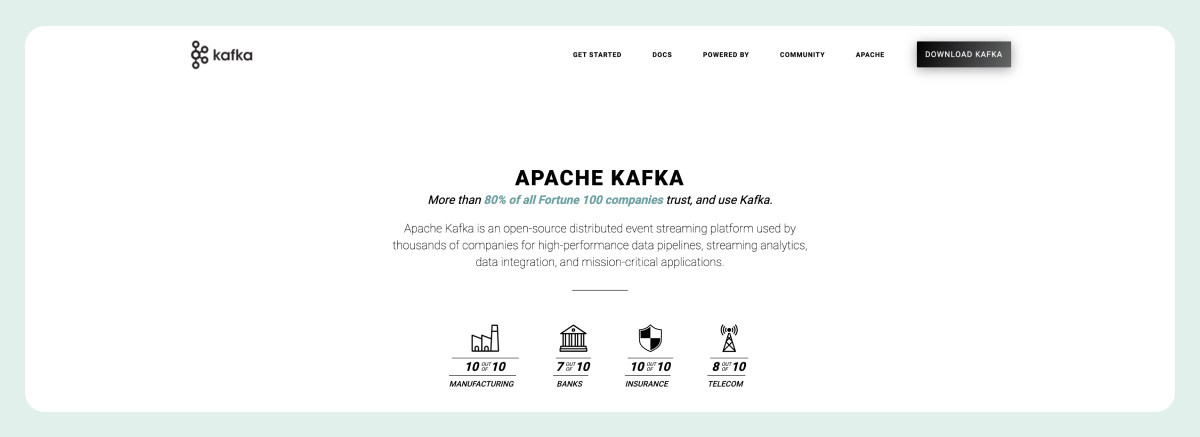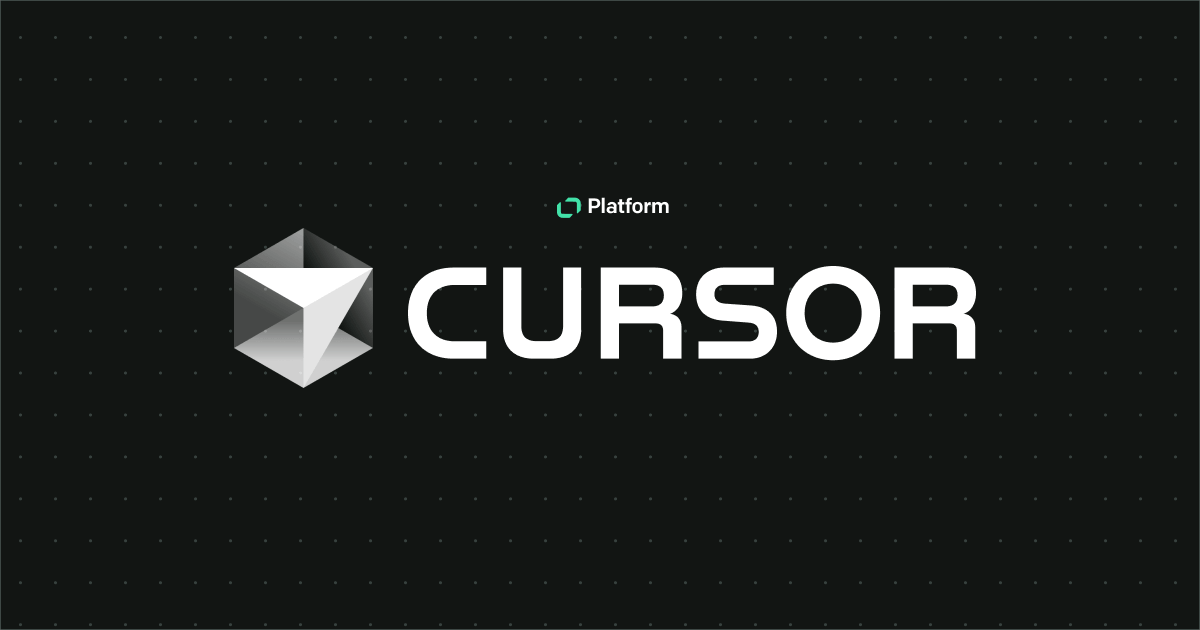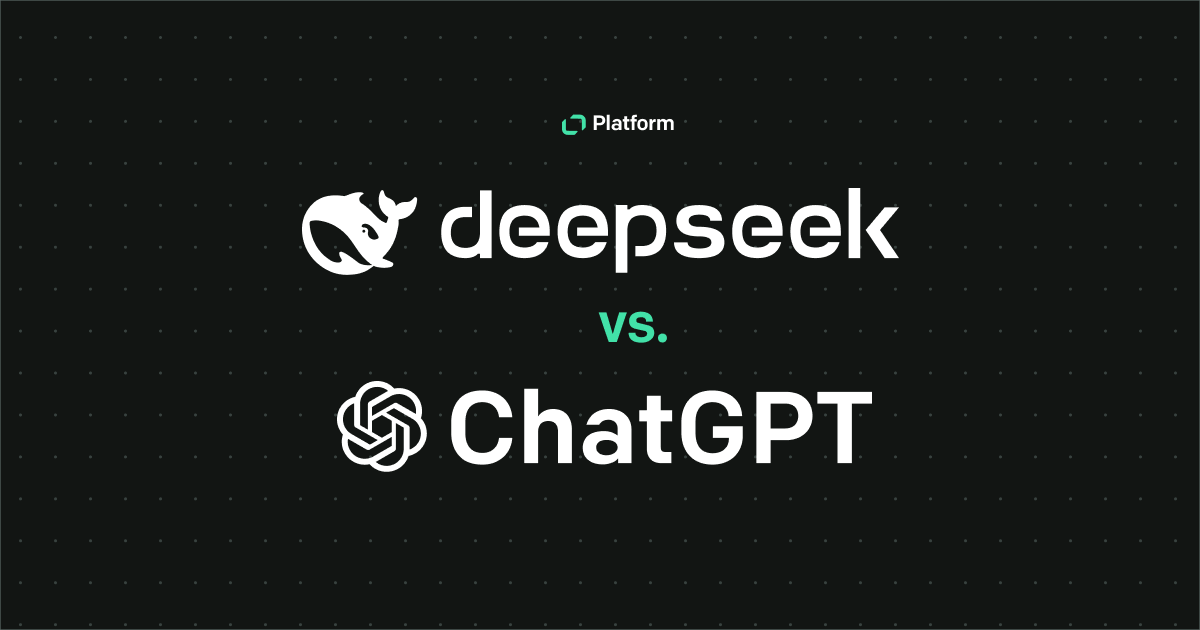In today’s highly competitive job market, nailing technical interviews is a must, especially if you aim for roles like software engineer, DevOps engineer, or data analyst.
This guide explores common technical interview questions, software engineering interview preparation tips, and strategies for succeeding in each interview setting. We’ll cover problem-solving techniques, coding assignments, and tips for demonstrating your technical expertise and communication skills in various interview rounds.
Why the tech interview is unique to the industry
If you're gearing up for a technical interview, you know it can feel like the most nerve-wracking part of the process. It’s a unique challenge in the tech industry, and most people don’t have much experience with it before their first one. But technical interviews weren’t just designed to put you on the spot — they bridge the gap between what’s on paper and what’s needed on the job.
These interviews are common for computer science, software development, and data analysis roles, where deep technical expertise is key. But rest easy — you’re not alone in this. With the right preparation and mindset, you can walk in ready to show your strengths, and we’re here to help you get there.
What exactly is a technical interview?
Technical interviews test your coding skills, grasp of data structures, logical reasoning, and ability to apply theoretical knowledge to solve complex problems.
Hiring managers need to see how you think on your feet, solve real problems, and communicate your approach — all skills that a resume or traditional interview just can’t showcase. You might face coding challenges, system design exercises, or even troubleshooting tasks that push you to think critically and creatively. This format puts you in scenarios that mimic real-world challenges to show that you can apply your theoretical knowledge, even when things get messy or don’t follow a clear path.
But they don’t stop there. These interviews often go beyond just technical interview questions, assessing your behavioral traits and soft skills, such as teamwork, adaptability, and collaboration.
The interview process
Most technical interview processes begin with a phone or video screening, where you’ll discuss your background, experience, and interest in the role. A screening is often followed by a few general technical questions to assess your foundational knowledge. Be prepared to explain your resume, highlight technical skills, and briefly describe your experience with key technologies or project management systems.
The core of a technical interview process usually involves several rounds of coding or system design questions. Depending on the company's preference, this might include live coding exercises, take-home coding assignments, or whiteboard sessions. Each round is an opportunity to show your thought process, adaptability, and ability to tackle technical challenges.
You may face more situational and behavioral questions in the later stages. Employers want to see how you handle pressure, manage your time, and communicate within a team. Prepare examples that showcase these skills, as well as your experience working in diverse or cross-functional teams.
Remember that the process can extend over multiple rounds if the hiring team still has questions about your capabilities. Patience is key — you might face several interviews as they build a complete picture of your skills and fit.
Many companies wrap up the hiring process with an interview focused on culture fit, where they may assess your alignment with the company’s values and expectations. This is your chance to ask questions about company culture, career growth, and the team’s dynamics. Engaging with the interviewer thoughtfully here can show your genuine interest and excitement for joining their organization.

Preparing for a technical interview
Getting ready for a technical interview takes more than just brushing up on code and memorizing technical interview questions from LeetCode — it’s about covering all the bases so you can walk in confidently.
Review the job description
Start by digging into the job description. It’s your cheat sheet for what skills, programming abilities, and tools you’ll need to shine. Make sure you’re up to speed on the specific programming languages, frameworks, and tech tools mentioned because they’ll likely steer the questions you face.
Practice coding challenges
Coding challenges are where the rubber meets the road for technical interview rounds. Platforms like LeetCode, HackerRank, and the Text Platform are your best friends for practice. They’ll help you get comfortable with the live coding environment and build your muscle memory for tackling data structures, algorithms, and common coding assignments. The more you practice, the sharper your problem-solving skills and speed will be.

Research the company and industry
Understanding the technical aspects of the company, including its tech stack and industry trends, can make your answers more relevant. For example, if you’re interviewing with a company that uses AWS and microservices architecture, knowing how to talk about CI/CD pipelines with tools like Jenkins or GitLab can make a strong impression. Familiarity with project management systems like Jira or specific business intelligence tools like Power BI can also set you apart when those topics come up.
Review past projects
Be ready to discuss your past work with examples highlighting your technical skills. Think of projects where you handled complex problems, collaborated with a team, or had to troubleshoot under pressure. Sharing these stories shows you can handle real-world challenges, not just hypothetical ones.
Common technical interview questions
Below are the top technical interview questions you might encounter, grouped by category with sample answers and suggested approaches for each. This guide will help you prepare for a technical interview, especially if you focus on roles requiring coding skills, system design, and problem-solving abilities.
Technical skills and knowledge
Technical skills questions aim to see how well you know your way around specific programming languages, tools, and problem-solving methods. They’re also a chance to show you can explain complex concepts clearly and concisely.
What programming languages are you most familiar with?
Highlight your strongest programming languages and mention recent projects where you used them. Explain why these languages are suited for specific problems, like Python for data analysis due to its libraries or JavaScript for front-end development.
How do you approach problem-solving in your work?
Describe a structured approach, such as breaking down the problem, identifying constraints, and selecting the best tools. Use a past example to demonstrate your problem-solving skills and ability to solve real-world problems.
- Can you explain a complex technical concept to a non-technical audience?
Use analogies to simplify technical concepts. For example, describe an API as a restaurant menu, where each item represents a different request. Similar comparisons can make technical knowledge more accessible to non-technical team members.
- How do you stay up-to-date with the latest developments in your field?
Mention reliable sources, such as tech blogs, online communities, or conferences. Describe how staying current with advancements in areas like machine learning or cloud computing strengthens your technical expertise and enhances your technical skills.
- What’s your experience with [specific tool or technology]?
Briefly describe a recent project where you used the tool, highlighting useful features. For example, mention using Docker to maintain environment consistency in a multi-platform setup.
Coding and programming questions
These questions test your understanding of data structures and algorithms, and your ability to write efficient code. Coding challenges are common in technical interviews, as they allow hiring managers to evaluate your coding skills and ability to solve real-world problems.
Data structures and algorithms
How would you implement a sorting algorithm in [programming language]?
Explain which sorting algorithm you’d use and why, such as quicksort for efficiency or mergesort for stability. Describe the step-by-step implementation, addressing the algorithm’s Big O complexity.
What is the difference between a stack and a queue?
Explain that a stack follows LIFO (Last-In, First-Out) while a queue follows FIFO (First-In, First-Out). Provide real-world examples, like function calls for stacks and task scheduling for queues.
Can you explain the concept of Big O notation?
Describe Big O notation as a way to evaluate an algorithm’s efficiency in terms of time or space complexity as the input size grows. Provide examples of O(1), O(n), and O(n^2) to show how they affect performance.
How would you optimize the performance of a slow database query?
Discuss methods like indexing, query optimization, and denormalization. Emphasize the importance of analyzing query plans and choosing optimization techniques that reduce runtime and improve efficiency.
Can you write a function to find the maximum value in an array?
Outline a simple approach by iterating through the array and tracking the highest value. Explain that this solution has O(n) complexity since it requires a single pass through the array.
System design and architecture
System design questions test your knowledge of architectural principles, scalability, and making trade-offs.
Design principles and trade-offs
How would you design a scalable ecommerce platform?
Start by identifying core components (user management, product catalog, checkout, etc.) and discuss how to scale each. Mention why you’d use load balancing, caching, and distributed databases for traffic management and data replication.
What are the trade-offs between monolithic and microservices architecture?
Describe how monolithic architectures are simpler to deploy, but microservices support scalability. Highlight the trade-offs in service orchestration, network latency, and deployment.
Can you explain the concept of service-oriented architecture (SOA)?
Explain that SOA breaks functionality into discrete services that interact over a network, making it reusable and flexible but introducing service management complexities.
How would you approach designing a real-time data processing system?
Outline tools like Apache Kafka for low-latency processing and scalable data storage. Discuss strategies for scaling to handle large data volumes and ensuring real-time data availability.

What are the benefits and drawbacks of using a relational database versus a NoSQL database?
Describe how relational databases are ideal for structured data, while NoSQL is better for unstructured or rapidly scaling datasets. Mention examples where each type is beneficial.
Front-end and back-end web development
Web development fundamentals
Web development questions assess your knowledge of front-end and back-end fundamentals, including frameworks, APIs, and responsive design.
What is the difference between front-end and back-end development?
Explain that front-end development focuses on the user interface (HTML, CSS, JavaScript), while back-end development handles server logic, databases, and APIs. Mention how both sides interact to deliver a seamless user experience.
Can you explain the concept of a RESTful API?
Describe REST as an architectural style in which APIs use standard HTTP methods to perform CRUD operations on resources. Emphasize its statelessness and scalability, which make it ideal for web applications.
How would you approach building a responsive web application?
Outline responsive design principles like flexible layouts, media queries, and fluid grids. Mention the importance of testing on various devices to ensure usability across screen sizes.
What are the benefits and drawbacks of using a JavaScript framework versus a library?
Explain that frameworks like Angular or Vue provide a full structure for app development, whereas libraries like React offer flexibility to combine them with other tools. Discuss trade-offs in control and development speed.
Can you walk me through your experience with [front-end or back-end] web development?
Briefly describe a recent project, focusing on the tools and technologies you used. Explain your challenges and how you overcame them, particularly if the project involved front-end responsiveness or back-end scaling.
DevOps and software engineering principles
DevOps questions explore your understanding of software delivery pipelines, infrastructure as code, and engineering practices.
CI/CD pipelines and IaC
What is the purpose of a CI/CD pipeline?
Describe CI/CD as a process that automates code integration, testing, and deployment, ensuring consistent and reliable software releases. Mention the benefits of faster releases and reduced manual errors.
Can you explain the concept of infrastructure as code (IaC)?
Explain that IaC manages infrastructure through configuration files, enabling scalability, consistency, and version control. Highlight popular IaC tools, like Terraform or Ansible, and the advantages of code-driven environments.

How would you approach implementing a continuous integration and continuous deployment pipeline?
Outline steps like setting up source control, automated testing, build scripts, and deployment automation. Mention tools like Jenkins or GitHub Actions and how they streamline the CI/CD process.
What are the benefits and drawbacks of using a containerization platform versus a virtual machine?
Explain that containers like Docker are lightweight and start faster, making them ideal for microservices, whereas VMs provide stronger isolation. Discuss examples of where each option is best suited.

Can you walk me through your experience with DevOps tools and practices?
Describe tools you’ve used, like Docker, Kubernetes, or Jenkins, and their impact on your projects. Highlight how these tools improved deployment speed, resource management, or collaboration.
Behavioral and situational questions
Behavioral interview questions assess communication skills, teamwork, and how you approach difficult situations.
Communication and teamwork
Can you describe a time when you had to communicate complex technical information to a non-technical team member?
Describe the situation, explaining how you simplified the information using analogies or visual aids. Emphasize how effective communication led to a successful outcome.
How do you approach working with a cross-functional team?
Explain your approach to collaboration, such as setting clear goals, active listening, and open communication. Mention a specific instance where this approach led to a positive result.
Can you describe a situation where you had to troubleshoot a difficult technical issue?
Walk through the troubleshooting process: identifying the problem, testing hypotheses, and implementing solutions. Provide an example that shows your persistence and problem-solving skills.
How do you handle conflicting priorities and tight deadlines?
Explain your strategy, such as prioritizing tasks based on impact and communicating transparently with stakeholders. Mention an experience where this helped you manage a challenging workload.
Can you walk me through your experience with agile development methodologies?
Describe your familiarity with agile concepts like sprints, stand-ups, and iterative development. Share an example of how agile practices improved collaboration or project outcomes.
Following up after the technical interview
Following up after a technical interview is an often overlooked step, but it’s essential for leaving a positive, lasting impression and staying top of mind with the hiring team.
Within 24 hours, send a personalized thank-you email to your interviewer or the hiring team. Express appreciation for their time and reference specific parts of the interview that stood out to you — such as an engaging technical question, a discussion on company culture, or details about the team’s workflow. This shows genuine interest and reinforces your enthusiasm for the role.
Consider connecting with your interviewer or key hiring team members on LinkedIn with a personalized note. This subtle gesture helps build your professional network and keeps you on their radar.
If you haven’t heard back after one to two weeks, it’s okay to send a polite follow-up email. Inquire about any updates on the hiring process and restate your continued interest in the role. Keep it concise and professional — highlight any recent achievements or projects you’ve worked on since the interview to add value.
While waiting for a response can be stressful, patience is key. Technical interview processes can involve multiple decision-makers, which may extend the timeline. Keeping a positive attitude during this period helps demonstrate professionalism.
Wrapping up and moving forward
Preparing for a tech interview takes time, effort, and determination, but each step brings you closer to landing that ideal role. Remember that every interview, whether successful or not, is a valuable learning experience that hones your skills and builds your confidence.
As you gear up for your next technical interview, trust in your preparation, stay calm under pressure, and showcase your technical expertise and ability to think, adapt, and communicate effectively.
May you find success and a job that perfectly aligns with your skills, passion, and career aspirations. You've got this!


